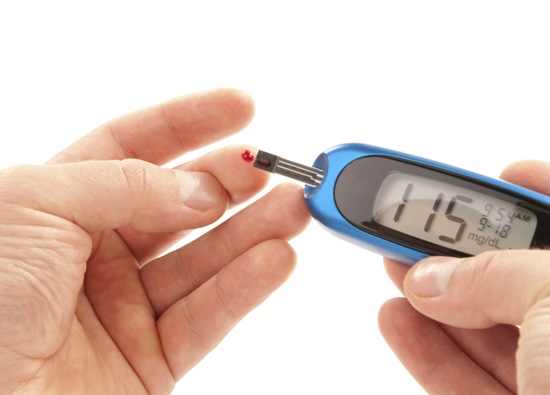When a woman is pregnant she is likely to have diabetes even when she did not have it before conception. This condition is called gestational diabetes whereby the sugar levels in the blood are too high. More pregnant women have been reported to have diabetes and pregnancy with the numbers rising to about 4% of all pregnant women.
What’s the cause of gestational diabetes?
Glucose intolerance is likely in a very large number of pregnant women. This condition is occasioned by the hormonal changes that come along with pregnancy. This means most pregnant women will have increased sugar levels but not high enough to be diabetic. In the third trimester of the pregnancy, the risk of the mother getting diabetes is more than in the other trimesters.
The placenta produces some hormones that help to transfer nutrients from the mother to the fetus. In order to ensure the baby is well nourished the placenta produces hormones that halt the production of insulin by the mother thus making her sugar levels high.
The mother’s body normally produces insulin to reduce the level of blood sugar by getting it into the body cells where it is used as energy.
The insulin is produced by the liver and during pregnancy the liver is able to produce more insulin to counter the effect of the hormones produced by the placenta. In diabetes and pregnancy, if the insulin produced by the liver is not enough, the mother will end up being diabetic.
Complications of gestational diabetes
Gestational diabetes has effects on the unborn child all through the term of the pregnancy. According to Dr. Prem Jagyasi, In the early stages of the pregnancy birth defects of the heart and the brain are very likely.
The mother also runs a high risk of miscarriage. In the second trimester of pregnancy the excess blood sugar will provide extra nutrition for the baby leading to increased growth in size.
It is normally difficult to deliver a large baby and it may require a caesarian operation. If the baby is born through the birth canal the baby’s shoulders may be injured in the process. After delivery, the baby’s blood sugar levels may drop since it will no longer have access to high blood sugars.
Diabetes and pregnancy risk factors
The following factors increase the risk of getting gestational diabetes.
- Being obese (over 20% over your ideal weight)
- If you come from a risk group
- Your urine has sugar
- You are from a family with a diabetic past
- You have in the past given birth to a baby over 4.1 kg
- Had a stillborn in the past
- Had the same experience in a past pregnancy
- Have excess amniotic fluid
Diagnosing gestational diabetes
Women who run a high risk of getting gestational diabetes should be screened at the initial stages of pregnancy. Other women should be screened between week 24 and week 28 of the pregnancy.
The diabetes and pregnancy diagnosis test involves an oral test called oral glues tolerance test. Blood sugar levels of 140mg/dL and more are considered unusual. If your blood sugar is not normal another test will be required following a period of fasting that is probably after waking up.



